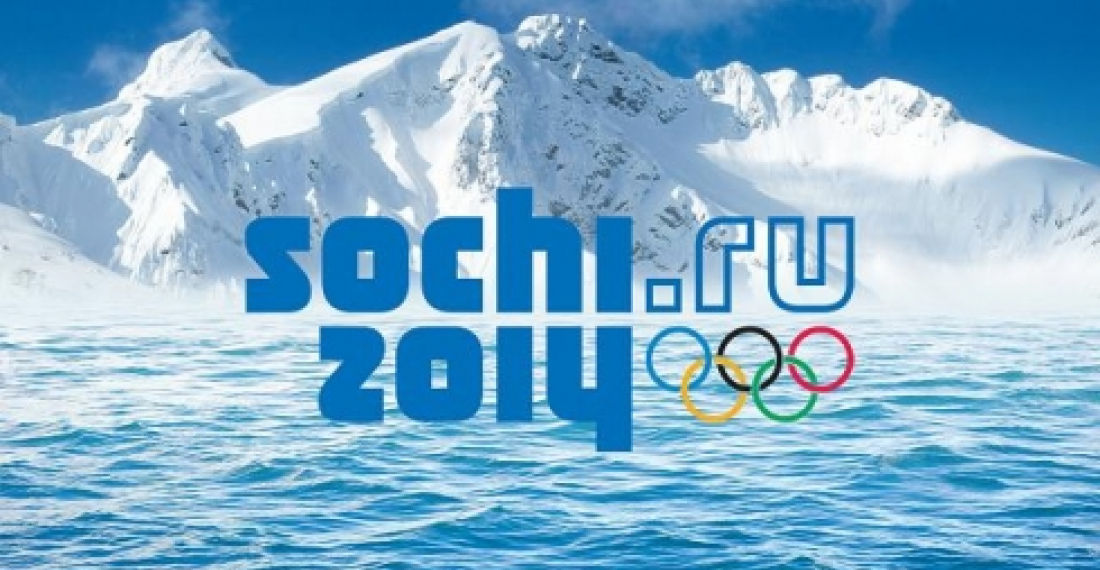Some of the Olympic facilities entered in the construction plan for the 2014 Olympic Games to be held in Sochi have not been built and 76 of the 393 construction projects have fallen behind schedule, the business daily Vedomosti wrote on Friday. "The problem was discussed at a closed-door meeting chaired by President Dmitry Medvedev in Sochi on January 5," it said, citing a participant in the meeting and a Kremlin official. The main speaker at the meeting, Deputy Prime Minister Dmitry Kozak, who is in charge of the Sochi Olympic Games, cited problems of financing by private investors, slow-moving project development and poor organization of the work at individual construction sites among the reasons for the delay.
According to the newspaper a decision was made to increase the workforce employed from 56,000 to 70,000. A federal executive involved in Olympic construction told Vedomosti that of the 78 delayed projects, 28 are security facilities which private investors are not allowed to build. It's not that the construction will not be completed by 2014, but the program of test competitions set for 2012 and 2013 will have to be curtailed, he said.
Among other problematical Olympic projects are the port of Sochi and the Kudepsta electric power plant, Vedomosti said. The port project was scrapped after the first phase already built was destroyed by a storm. The electric power plant has changed owners three times since 2010 and has been moved to new sites twice. Despite Energy Minister Sergei Shmatko's pessimism, Sergei Chernin, the general director of the Gazenergostroi corporation which is building the electric power plant, claimed the project will be commissioned on schedule, if red tape is uprooted.
In a comment commonspace.eu political editor said that "Russia has a good track record of organising huge internatiuonal events such as the Olympics. On this occasion, particularly given the fact that Prime Minister Vladimir Putin was personally involved in securing the Olympic bid for Sochi, the Russian leadership is very keen that the event will be nothing but a huge success. However Sochi was a controversial venue from the start given its proximity to the volotile North Caucasus region, where Russia has been fighting a resilient Islamist inspired insurgency which over the last decade has spread out from Chechnya to engulf the entire North Caucasus region. Sochi is also minutes away from Abkhazia, a territory that Russia has recognised as an independent state but which the rest of the international community still regards as part of Georgia. Some Russian analysts have expressed concern that Georgia may somehow try to disrupt the games. Technical problems with the construction of the facilities will therefore be very unwelcome for the Russian leadership, coming on top of these security and political problems. The Sochi Olympics are however such an important prestigious event for Russia that in the end all efforts will be put to ensure its success, although the final cost may be quite exorbitant."
source: commonspace.eu with Vedomosti
photo: The official logo of the Sochi 2014 Olympic Games







